Aggressively Fighting for the Best Possible Outcome
TAMPA POSSESSION WITH INTENT LAWYER
Work with an Experienced Former Prosecutor
In Florida, if you are caught in possession of illegal drugs, you could not only face drug charges for possessing the substances, but you could also face drug charges for intent to sell those substances. Possession of controlled substances with the intent to sell or distribute them is a serious crime, and those charged with it could face decades in prison and thousands of dollars in fines.
If you are facing a possession with intent to distribute charge, you need a skilled drug possession attorney on your side to help fight for your rights. Tampa drug crime attorney Andrew Buda has years of experience defending against drug offenses and can help you receive a favorable outcome in your case.
Call us at (813) 322-2832 to schedule a free consultation regarding your case.
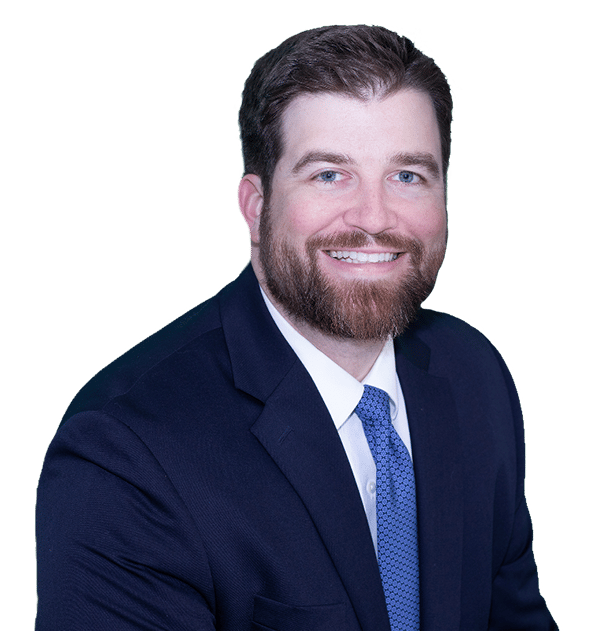
To schedule a free consultation with Tampa’s leading drug possession with intent lawyer, call Buda Law at (813) 322-2832 today.
Florida Drug Laws
As one might assume, possessing illegal drugs in the state of Florida is against the law. Florida Statute 893.03 outlines each substance that is considered illegal and classifies them under Schedules based on their intended use and their potential for abuse. These schedules include:
- Schedule I – drugs with no accepted medical use and a high potential for substance abuse/drug addiction
- Schedule II – drugs with an accepted but restricted medical use, a high potential for substance abuse, and a high likelihood of physical and/or psychological dependence
- Schedule III – drugs with an accepted medical use, a low potential for substance abuse, and a low to moderate likelihood of physical and/or psychological dependence
- Schedule IV – drugs with an accepted medical use, a lower potential for substance abuse, and a low likelihood of physical and/or psychological dependence
- Schedule V – drugs with an accepted medical use and an even lower potential for substance abuse
There are a number of different drug crimes outlined in Florida law, including:
- Drug possession
- Drug possession with intent to distribute
- Drug trafficking
- Possession of drug paraphernalia
The U.S. Constitution protects citizens from unlawful search and seizure, but there are a number of different ways that a Florida police officer could legally catch you with drugs and charge you with a drug crime. For example, if police detain you on unrelated charges and place you under arrest, they can search your pockets and car without a warrant.
Additionally, if you are pulled over, and the officer sees or smells marijuana in your car, the officer would have probable cause to search your car. Because they had a reasonable suspicion that you were breaking the law, they could then legally search your vehicle without a warrant before arresting you.
Understanding Drug Possession With Intent to Sell Charges
Before law enforcement officers can charge someone with a drug crime, they may have to establish “possession” of a controlled substance. Normally, someone can be considered in possession of an illegal drug if it is on their person, like in their pockets, but Florida police officers can also use constructive possession to prove possession.
Constructive possession is the doctrine that extends a person’s possession to things that they have control over. Even if someone is not seen holding the illegal substance, if it is in their car or home, the drug could reasonably be considered “under their possession.”
If police catch someone in possession or constructive possession of a controlled substance, they could either face a simple drug possession charge, or they could be charged with a more severe drug crime. One of these crimes is usually referred to as “drug possession with intent to sell.”
Someone can be charged with this crime if they are caught selling drugs, making drugs, or delivering drugs to another person. They can also be charged with this crime if they have a controlled substance on their person that they intend to sell, manufacture, or deliver.
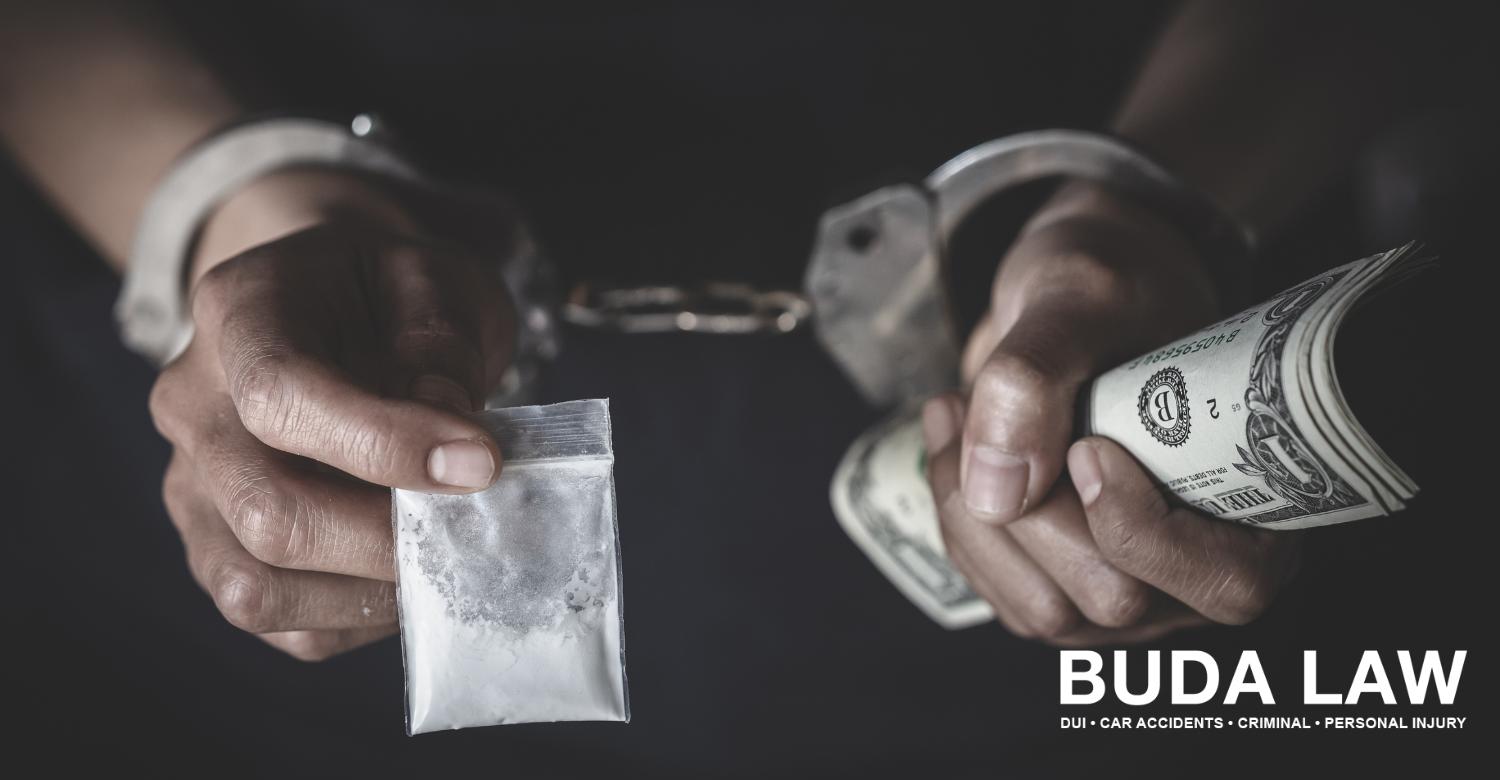
Florida Statute 893.13(1)
Florida Statute 893.13(1) prohibits selling, manufacturing, delivering, or possessing with intent to sell, manufacture, or deliver controlled substances. The severity of the punishment depends on the specific substance involved, the amount of substance possessed, and the specific circumstances of the alleged crime. Florida law states that a person who possesses the intent to distribute most Schedule I and Schedule II drugs could be charged with a second-degree felony. This includes drugs like heroin, cocaine, codeine, and methamphetamine. A person who possesses the intent to distribute Schedule I hallucinogens, certain Schedule II stimulants and sedatives, any Schedule III drugs, or any Schedule IV drugs could be charged with a third-degree felony. This includes drugs like cannabis, LSD, and Adderall. Anyone who possesses with intent to distribute any Schedule V substances may be charged with a first-degree misdemeanor. This includes small amounts of certain drugs that have an accepted medical use, like codeine. Under the same Florida law, if the alleged crime occurs within 1,000 feet of certain buildings and locations, the person accused of the crime could face an elevated criminal charge, like a first-degree felony. Some of these locations include any:- Child care facility
- Place of worship
- Municipal park or community center
- University
- Convenience store
- Public housing facility
- Mental health facility
Simple Possession vs. Possession With Intent
For a Florida drug possession charge, police simply have to prove that the alleged perpetrator had constructive or actual possession of the controlled substance or substances. For a drug possession with intent to distribute charge, however, police officers have to prove that the person was in possession of the drug and was also selling, manufacturing, delivering, or intending to do one of those things. If they are unable to prove drug possession, they cannot prove possession with intent to distribute.Factors That Can Indicate Intent to Sell
In order to prove intent to sell, manufacture, or deliver drugs, police may only have to prove that there was a presence of:- Large quantities of cash
- Weapons
- Certain drug paraphernalia like scales or rolling papers
- Baggies consistent with drug distribution
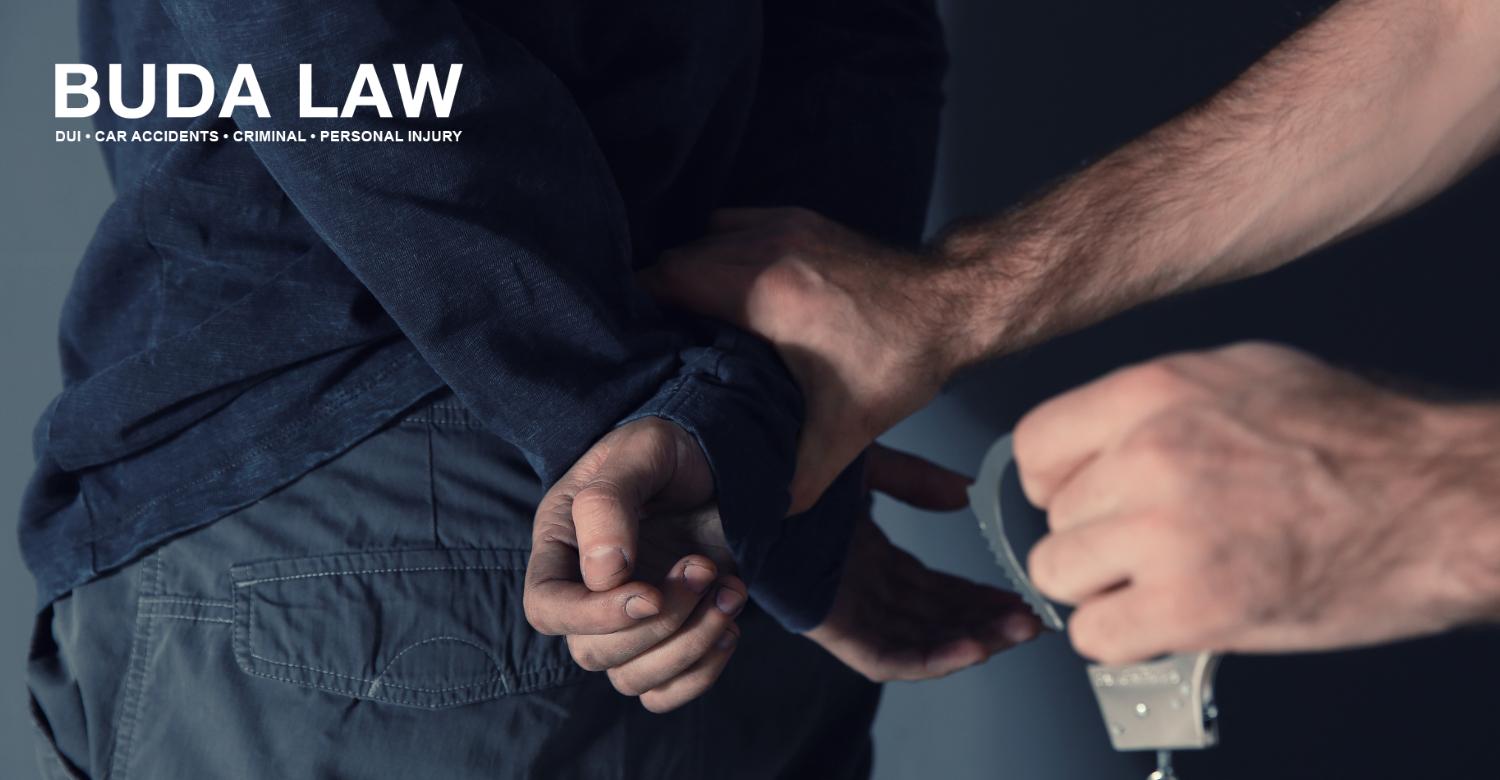
Is Intent to Sell a Felony?
Yes, in Florida, possession of controlled substances with intent to sell can be a felony crime, depending on the drug that was possessed. If you have been charged with possession with intent to distribute by Tampa police, you need a skilled criminal defense lawyer who can help fight your criminal charges. Call Buda Law at (813) 322-2832 to schedule a free consultation and discuss your case with an experienced criminal defense attorney.
Penalties for Illegal Drug Possession With Intent to Sell in Florida
As we’ve discussed, the penalties for illegal drug possession with intent to distribute depend greatly on the controlled substance found and the circumstances surrounding the crime. If someone is facing an elevated charge, they may be subject to additional punishments, like a longer minimum jail sentence.
First Degree Felony Penalties
Someone found guilty of elevated possession with intent to distribute may be charged with a first-degree felony punishable by up to 30 years in prison, up to $10,000 in fines, or both.
Second Degree Felony Penalties
Someone found guilty of possession with intent to distribute certain Schedule I and II drugs may be charged with a second-degree felony punishable by up to 15 years in prison, up to $10,000 in fines, or both.
Third Degree Felony Penalties
Someone found guilty of possession with intent to distribute certain Schedule I and II drugs, or any Schedule III and IV drugs, may be charged with a third-degree felony punishable by up to 5 years in prison, up to $5,000 in fines, or both.
First Degree Misdemeanor Penalties
Someone found guilty of possession with intent to distribute a minimal amount of a Schedule V controlled substance may be charged with a first-degree misdemeanor punishable by up to 1 year in prison, up to $1,000 in fines, or both.
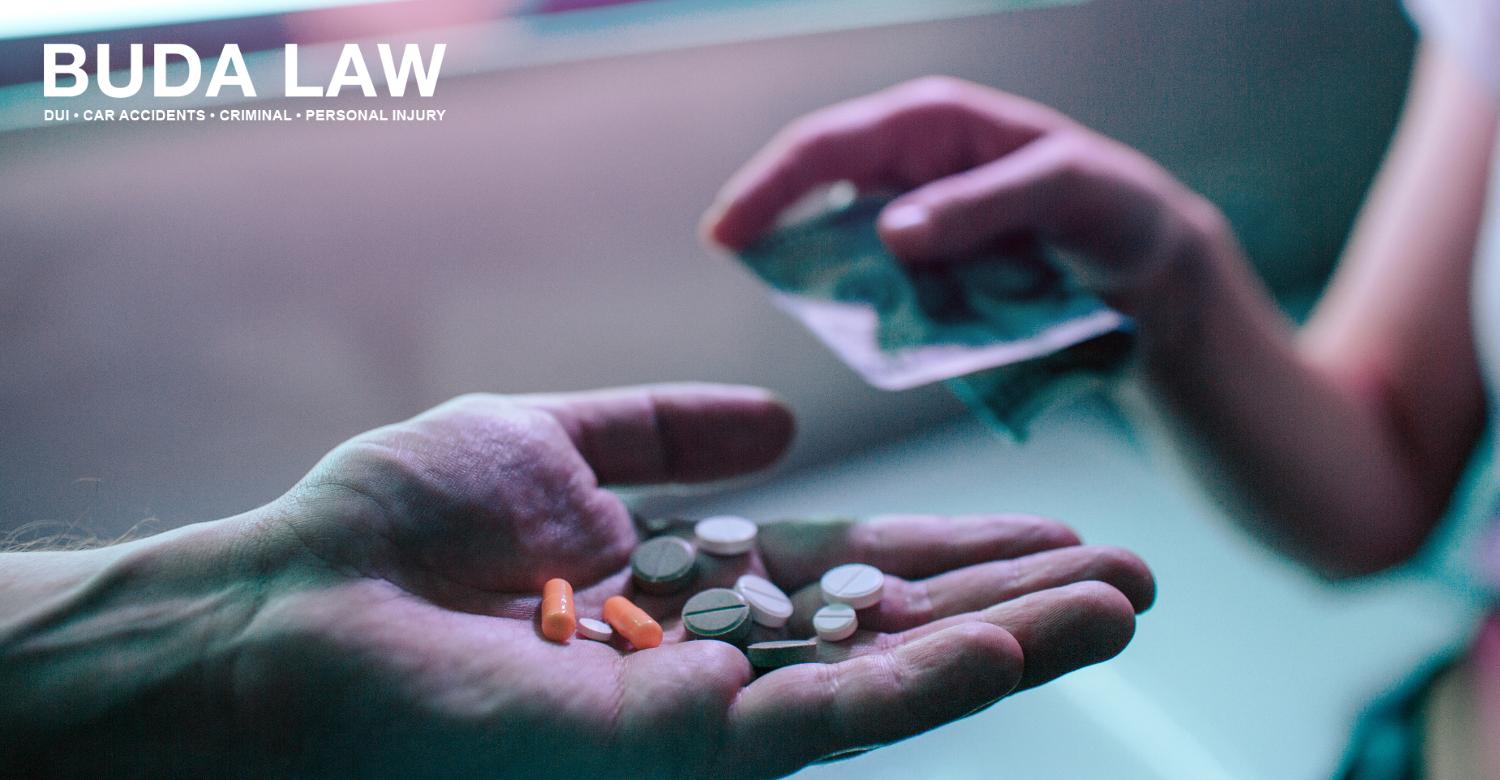
Additional Consequences of a Drug Sale Conviction in Tampa
While it’s clear that a felony conviction will carry a harsher penalty than a misdemeanor conviction, there are additional consequences that come with felony convictions. Convicted felons may lose their ability to vote, own firearms, or possess certain professional licenses. They may also make it more difficult for a person to acquire employment, housing, loans, welfare, or a certain immigration status.
Additionally, drug-related offenses may uniquely affect a person’s ability to find employment in certain fields or with certain employers. Tampa drug possession lawyers like Andrew Buda can help defend against felony charges like drug possession with intent to distribute.
How a Tampa Criminal Defense Attorney Can Help Your Intent to Sell Criminal Case
If you are facing drug possession charges in Florida, you need an experienced criminal defense attorney in your corner to help defend you and your freedom. Criminal defense attorneys defend those who are accused of crimes for the sake of preventing wrongful convictions or abuse of power in the justice system.
A Tampa criminal defense attorney like Andrew Buda will not only have a deep understanding of Florida’s possession with intent to distribute law, but they will also know what tactics the state attorney’s office will use against you in court.
Before your case ever goes to trial, your attorney can negotiate with the prosecutor for your case and help arrange a favorable plea deal, which could help you avoid more severe punishments.
Potential Defenses to Intent to Sell Charges
If your case goes to trial, there are a number of defenses that an experienced Tampa drug lawyer may use in order to defend against your drug charges. Some potential defenses include:
- The drugs were prescription drugs
- You were not actually in possession of the drugs
- The substances were not actually controlled substances
- You had no intent to sell, manufacture, or distribute the drugs
- The allegations against you were false
- Police coerced you into committing the crime (entrapment)
Additionally, if law enforcement officers violated your rights at any point in the arrest process, you may have your charges dismissed entirely. For example, if police put you in handcuffs without probable cause to do so, frisked you, and then found drugs on your person, your attorney may be able to claim unlawful search and/or unlawful detention.
Police officers have a number of legal restrictions when it comes to making arrests. A criminal defense attorney will know these restrictions and will be able to prove when and how police violated your constitutional rights.
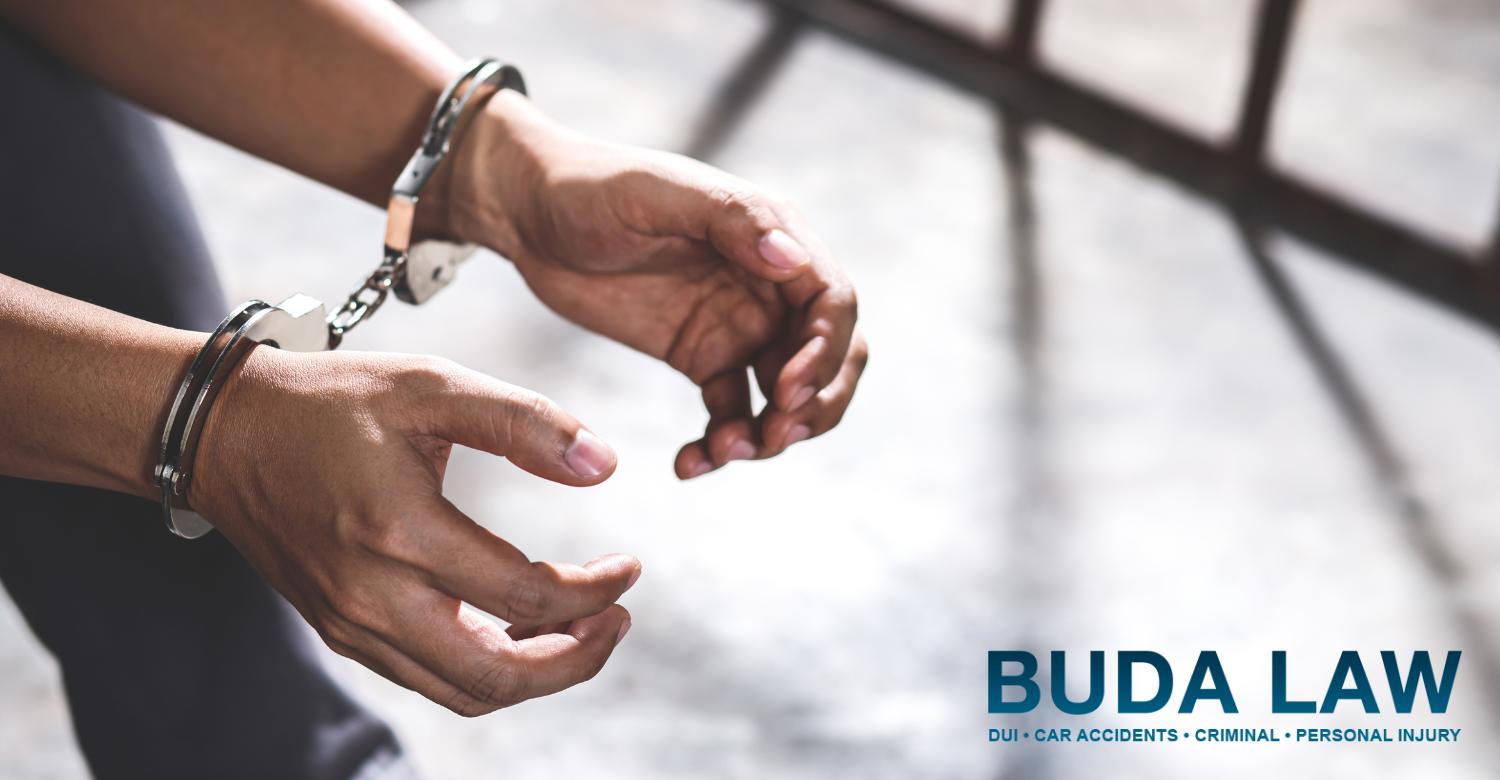
Call Tampa Drug Crime Attorney Andrew Buda at Buda Law Today for a Free Consultation
Drug crimes in Florida are heavily prosecuted, which is why it’s so important to have a skilled Tampa drug possession lawyer on your side. If you have been charged with possession of a controlled substance with the intent to distribute, the experts at Buda Law are here to help.
With years of experience defending the residents of Tampa in criminal court, experienced drug crimes attorney Andrew Buda has the knowledge and skills needed to ensure you receive the best outcome possible in your case. He will review every aspect of your case, gather evidence and witnesses, and develop a strong defense strategy to fight against your criminal charges.
We are here to help defend you and your future from harm–call our law firm at (813) 322-2832 or contact us online to schedule a free initial case evaluation with us.
CASE RESULTS
Get the Toughness of a Trial Attorney
START BUILDING YOUR CASE
Schedule a Free Consultation
WHAT MAKES OUR DEFENSE SO EFFECTIVE?
- Former State Prosecutor
- Highly Responsive & Accessible
- Result-Oriented Advocacy
- We Prepare Every Case as if it's Going to Trial
- Personal Representation Centered Around You
- Exceptional Negotiator
